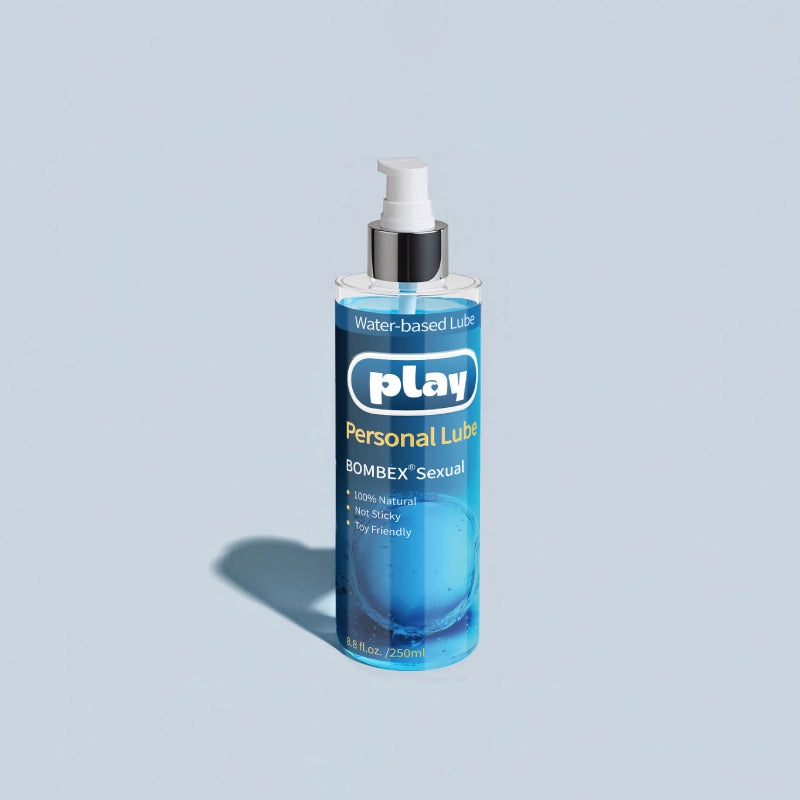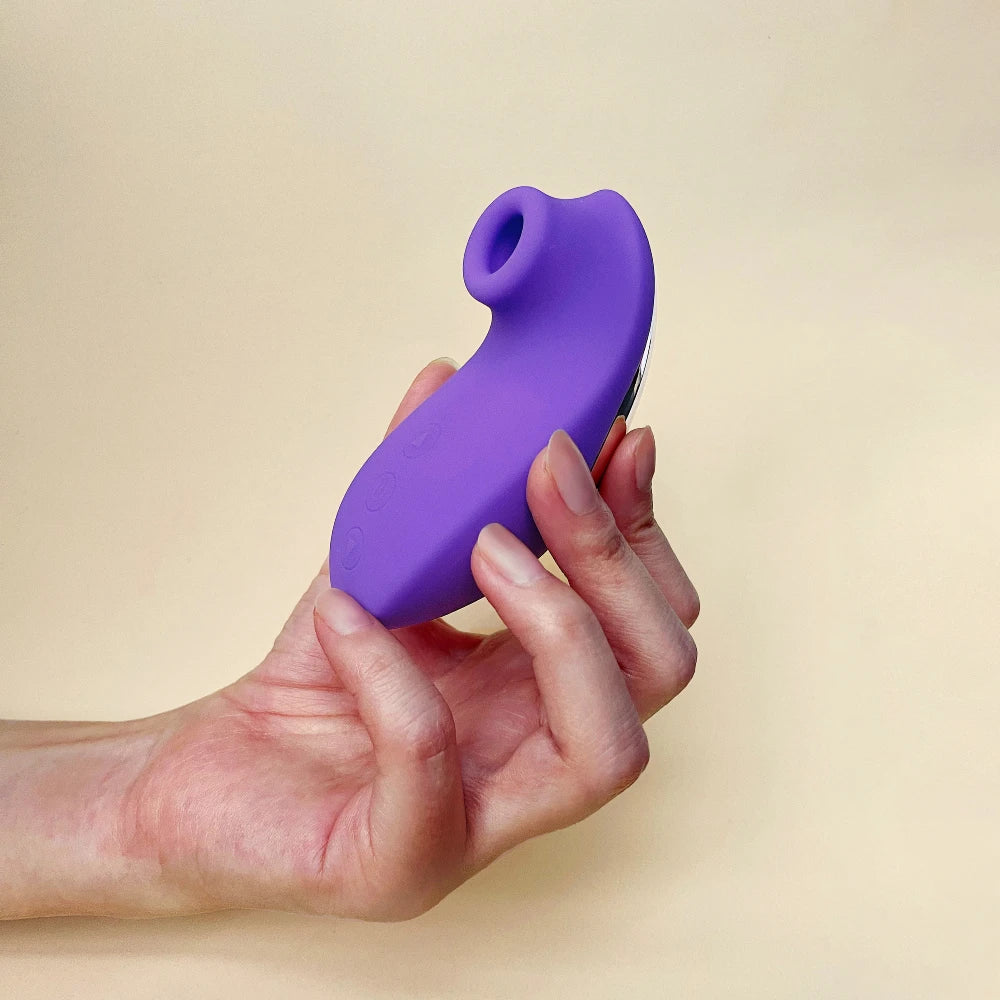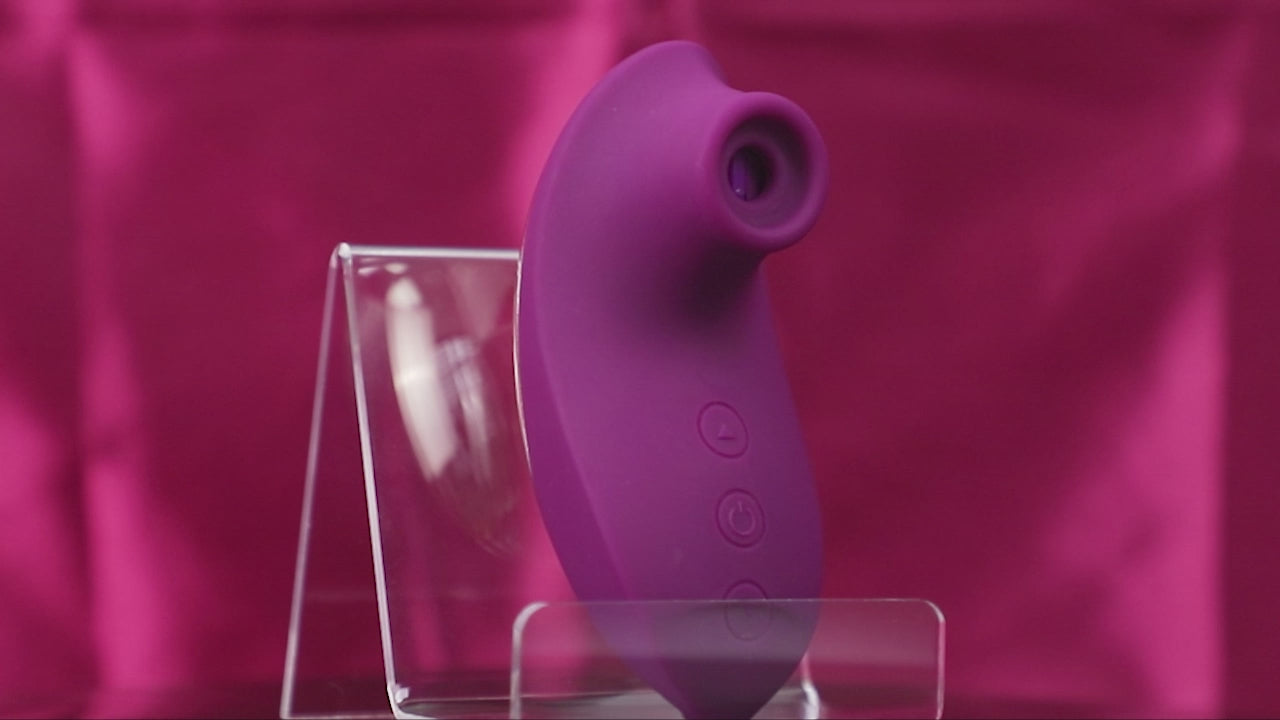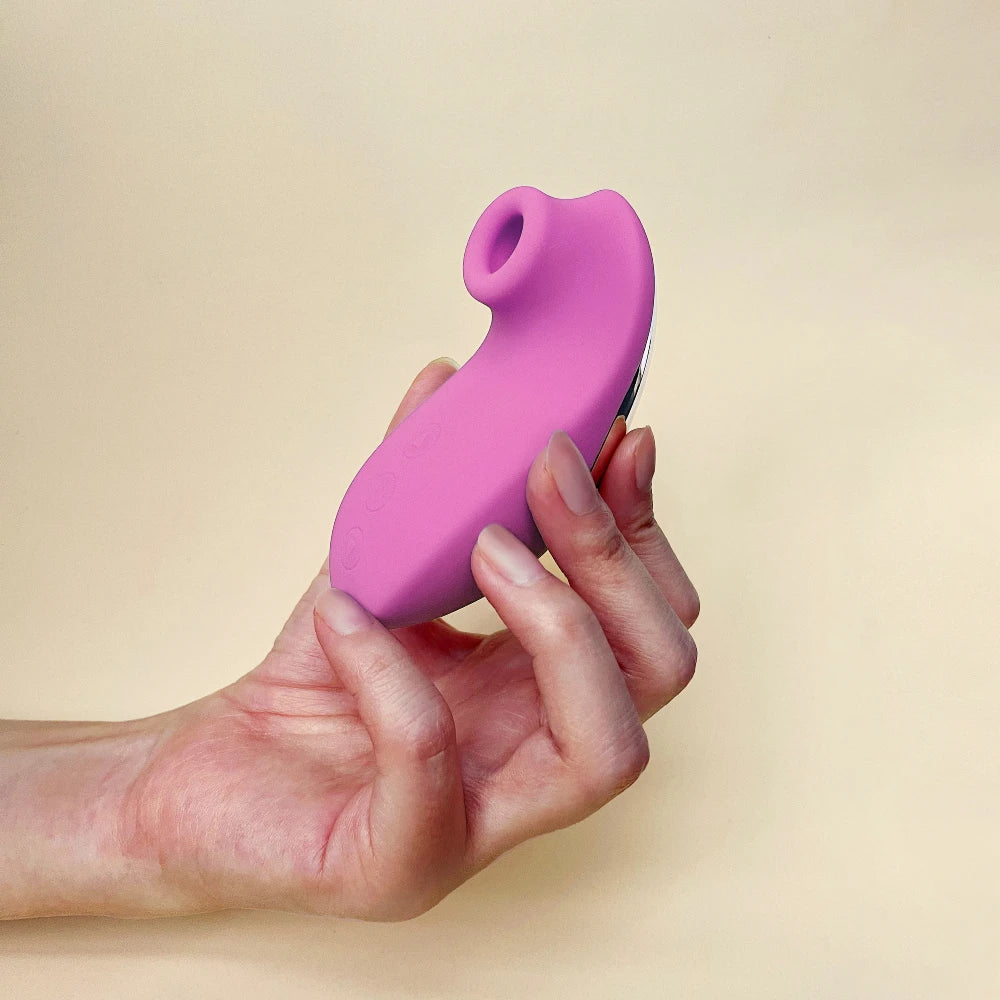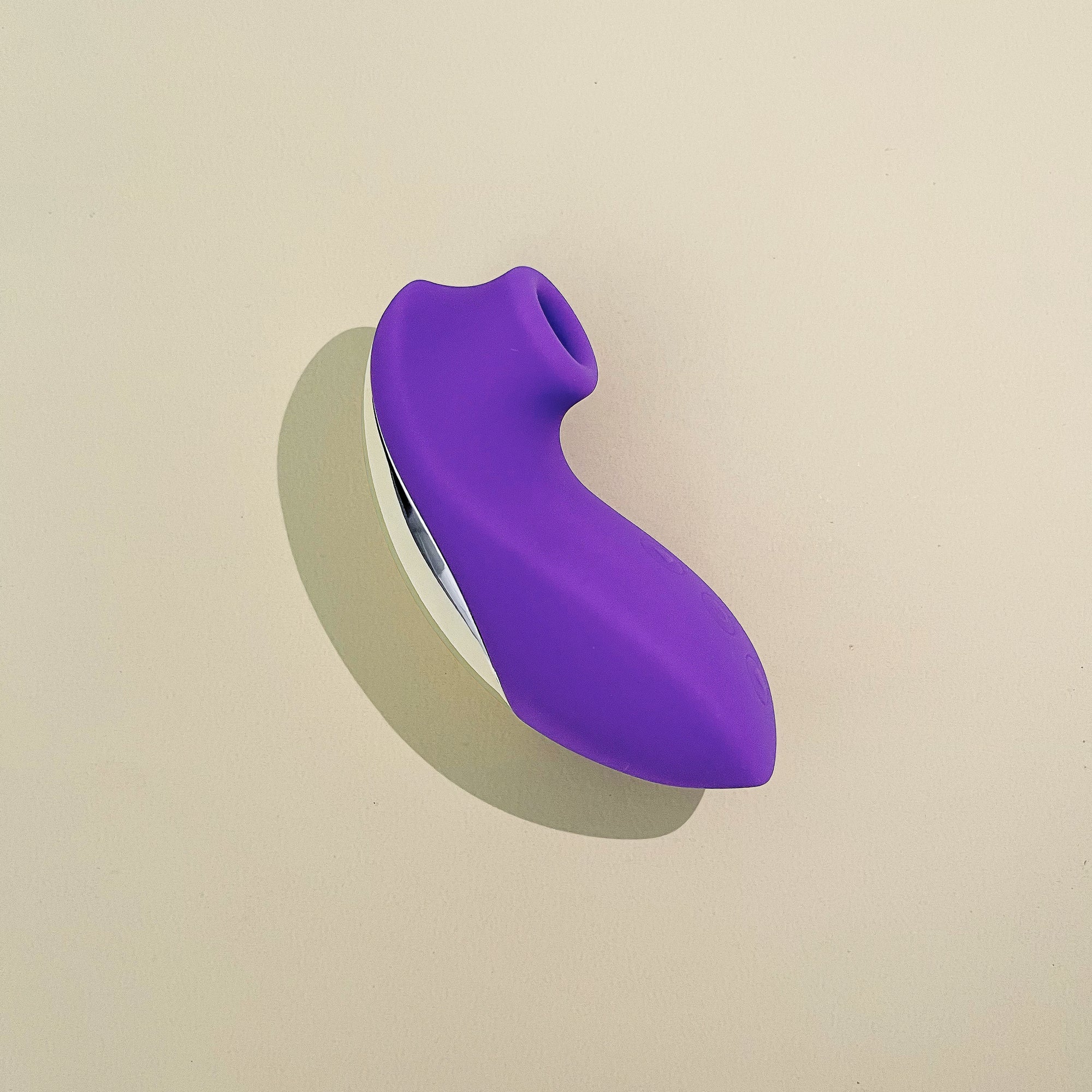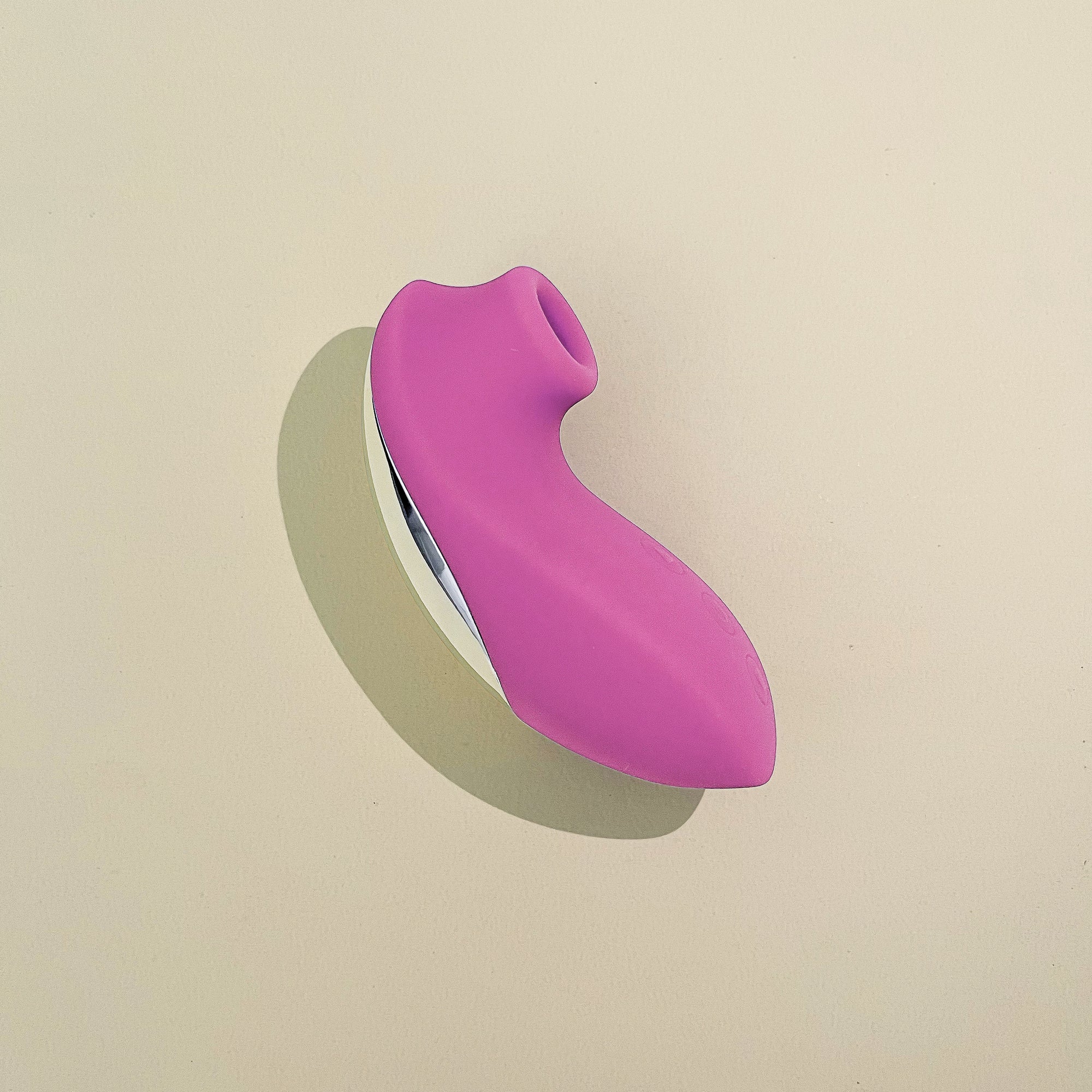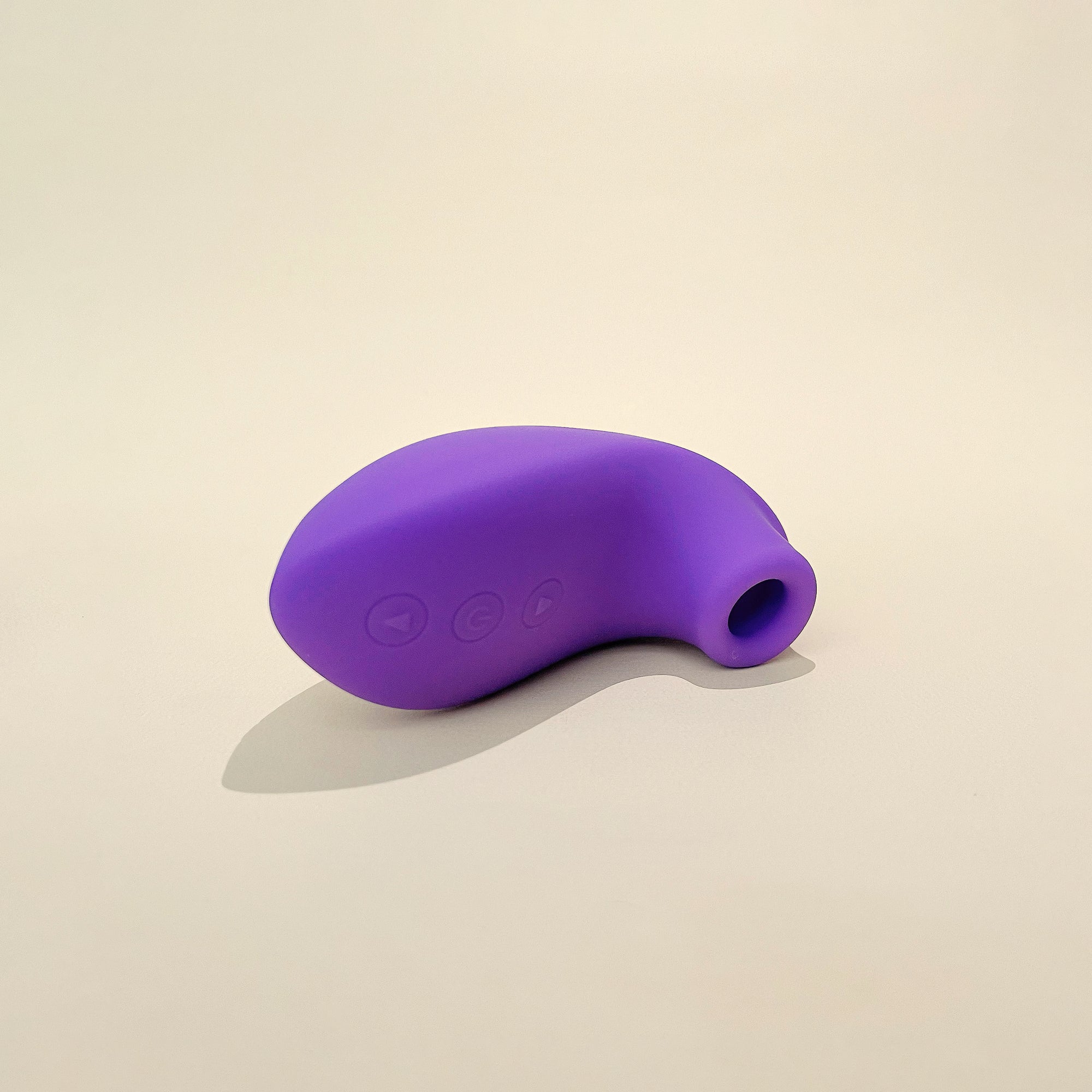One partner is always in the mood, while the other would rather catch up on sleep. If this scenario sounds familiar, you're not alone. Mismatched libidos, or desire discrepancies, are one of the most common challenges couples face. It's a deeply personal issue that can lead to feelings of rejection, pressure, and emotional distance if left unaddressed. However, this difference in sexual desire doesn't have to signal the end of intimacy. The key to navigating this common hurdle lies not in trying to "fix" one person's sex drive, but in fostering open, honest, and compassionate communication. By turning towards each other with understanding, couples can transform this challenge into an opportunity for deeper connection and a more fulfilling intimate life.
Understanding Mismatched Libidos: It's More Than Just a Number
Having mismatched libidos simply means that one partner desires sex more or less frequently than the other. This is incredibly normal, as a person's sex drive is not a fixed trait. It fluctuates throughout life and is influenced by a complex interplay of physical, emotional, and situational factors. Recognizing these root causes is the first step toward approaching the issue with empathy instead of blame.
Common Causes of a Shifting Sex Drive
Before jumping to conclusions, it's essential to understand what might be causing a change in libido. Often, a low libido is a symptom of other things happening in a person's life. Some of the most common factors include:
- Hormonal Changes: Hormones are a primary driver of sexual desire. For women, events like pregnancy, childbirth, and menopause can cause significant hormonal shifts that impact libido. For men, testosterone levels naturally decline with age, which can also lead to a decreased interest in sex.
- Stress and Mental Health: When you're overwhelmed with work, finances, or family obligations, sex often falls to the bottom of the priority list. Mental health conditions such as anxiety and depression can also significantly suppress libido.
- Physical Health and Medication: Chronic illnesses, fatigue, and certain medications (like some antidepressants or blood pressure drugs) can directly impact sex drive.
- Relationship Dynamics: Unresolved conflicts, a lack of emotional connection, or feeling unappreciated can dampen sexual desire far more effectively than any physical issue. Intimacy starts long before the bedroom door closes.
Understanding these potential causes helps shift the narrative from "You don't want me anymore" to "What's going on in our lives, and how can we support each other?" This empathetic approach is the foundation for productive communication.
The Cornerstone: Why Communication is Non-Negotiable
When desire levels don't align, silence is the most damaging response. The partner with the higher libido may feel rejected and unloved, while the partner with the lower libido can feel pressured, guilty, or inadequate. This cycle of misunderstanding can create a massive emotional chasm. Open dialogue is the only bridge across it.
Creating a Safe Space for Dialogue
Productive conversations about sex require safety and trust. The goal is to connect, not to win an argument. Here’s how to create the right environment:
- Choose the Right Time and Place: Don't initiate this conversation right after being rejected or in the middle of the night. Pick a neutral time when you're both calm and can give the topic your full attention.
- Use "I" Statements: Frame your feelings from your perspective. Instead of saying, "You never initiate sex," try, "I feel disconnected and sometimes a little lonely when we don't share physical intimacy." This approach feels less like an accusation and more like an invitation to understand.
- Practice Active Listening: When your partner is speaking, listen to understand, not just to respond. Validate their feelings by saying things like, "I hear you saying that you've been feeling a lot of pressure, and I don't want you to feel that way."
What to Talk About: Moving Beyond "How Often"
The conversation around mismatched libidos needs to go deeper than just the frequency of sex. It's about understanding the "why" behind your desires and finding new ways to connect. Discuss your desires, your fears, and what intimacy truly means to each of you. This can also be an opportunity to explore what turns you on and what might be creating barriers. Expanding your definition of intimacy beyond intercourse to include things like cuddling, massage, and mutual touch can help maintain a physical connection without pressure.
Practical Strategies for Bridging the Gap
Communication opens the door, but action is what walks you through it. Once you've started talking, you can begin exploring practical solutions together. The goal isn't for one person to simply give in, but to find a new, shared rhythm that works for both of you.
Exploring New Avenues of Pleasure Together
Sometimes, a libido mismatch isn't about the *quantity* of sex but the *quality* or *type* of intimacy. Getting stuck in a routine can make sex feel like a chore, reducing excitement and desire. This is a perfect opportunity to explore new ways to experience pleasure together. Introducing novelty can reignite a spark and remind you both of the fun and playful side of intimacy.
Focusing on different erogenous zones can be a fantastic, low-pressure way to reconnect. For instance, nipple play is often overlooked but can be incredibly arousing for many people. If you're looking for versatile nipple toys, something discreet and powerful can make exploration easy and exciting.
The Doris Clitoral & Nipple Toys are perfect for this kind of rediscovery. Its genius lies in its AirPods-inspired design, making it ultra-discreet and travel-friendly. You can leave the stylish charging case on your nightstand without a second thought. It comes with three interchangeable heads, allowing you and your partner to experiment with different sensations on either the nipples or clitoris. This versatility makes it a fantastic tool for couples looking to add a new layer of sensation to their foreplay or to find pleasure without the pressure of intercourse. Using a nipple vibrator like Doris can be a shared, intimate experience that brings you closer.
The Importance of Comfort and Confidence
Physical discomfort during sex is a major libido killer. If intimacy is painful due to dryness, it's natural to want to avoid it. This is where a high-quality lubricant becomes an essential part of your intimate toolkit. It’s not a sign of a problem, but a tool for enhanced pleasure and comfort for everyone.
When choosing a lubricant, you want something that works with your body, not against it. A water based lube is often the ideal choice because of its compatibility with both bodies and toys.
Our BOMBEX Natural Water Based Lube is formulated to be the ultimate companion for your intimate moments. It’s perfectly pH-balanced to match the natural chemistry of the vagina, which helps protect against irritation and infection. This focus on health makes it more than just a lube; it's a wellness product. The 100% plant-based formula is incredibly gentle and free from parabens or harsh chemicals, making it ideal for sensitive skin. Crucially, it provides long-lasting hydration that feels natural and silky, not sticky. As the best lube for sex toys, it’s universally compatible, so you can play with confidence no matter what kind of exploration you have in mind. Using a natural lubricant can transform intimacy from uncomfortable to effortless, boosting confidence and desire.
For those looking to explore simultaneous sensations, a toy designed for couples can be transformative. A Butterfly Vibrator, for instance, offers both internal G-spot stimulation and external clitoral vibrations, creating a powerful, blended orgasmic experience. The hands-free design allows both partners to be more present with each other, focusing on shared touch and connection rather than the mechanics of the toy.
The Butterfly Desire Vibe Dildo Pro is crafted from body-safe silicone and is fully waterproof, making it perfect for adventures in the bath or shower. Its whisper-quiet motor is powerful yet discreet, allowing you to focus on pleasure without distraction. Introducing a toy like this Butterfly Dildo can help bridge the desire gap by ensuring that both partners are experiencing intense pleasure, making intimacy an exciting event to look forward to.
When to Seek Professional Help
Sometimes, despite your best efforts, navigating mismatched libidos on your own can be too challenging. There is no shame in seeking outside support. If conversations consistently lead to arguments or if the issue is causing significant distress, a professional can provide invaluable guidance.
A sex therapist or couples counselor can offer a neutral space to facilitate communication and provide tailored strategies for your specific situation. Furthermore, it's always a good idea for the partner experiencing a persistent low libido to consult a doctor. A healthcare provider can rule out any underlying medical conditions, check for hormonal imbalances, or review medications that might be affecting sex drive. You should see a GP if you are worried about your low sex drive or if it's causing problems in your relationship.
Conclusion: A Journey of Connection
Mismatched libidos are not a sign of a failing relationship but a normal and manageable aspect of long-term partnership. The path forward is paved with empathy, patience, and above all, communication. By creating a safe space to talk, listening with an open heart, and being willing to explore new forms of intimacy together, you can bridge the desire gap. This journey is not about one person winning or losing; it's about learning to understand each other on a deeper level. It’s an opportunity to redefine what intimacy means for you as a couple and to build a connection that is stronger, more resilient, and more passionate than before.




